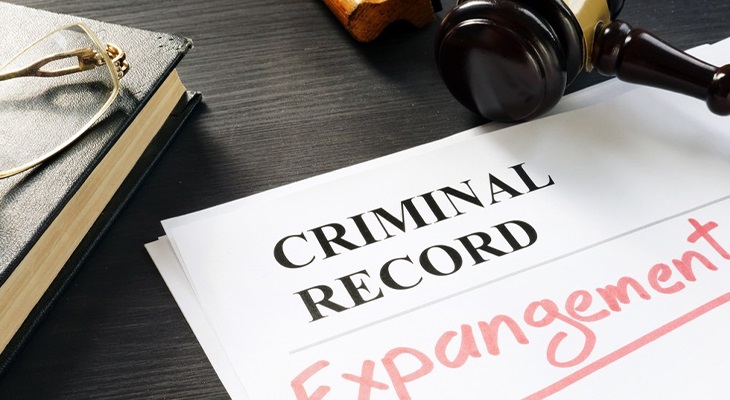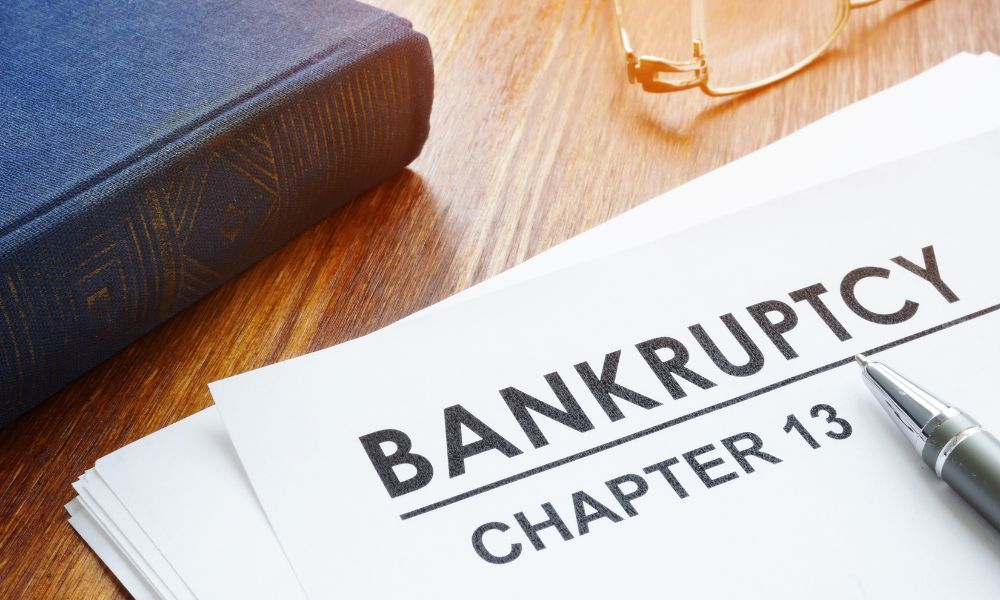
Have you ever wondered if it’s possible to remove a DUI (Driving Under the Influence) conviction from your record? A DUI conviction can have serious consequences, affecting your personal and professional life. However, there is hope. In this article, we will explore the process of DUI expungement, the eligibility criteria, the benefits it offers, and its limitations. So, let’s dive in and find out if you can get your DUI expunged from your record with the help of an experienced Highlands Ranch Criminal Defense Attorney.
Introduction to DUI expungement
DUI expungement refers to the legal process of erasing a DUI conviction from your criminal record. It provides individuals with an opportunity to start fresh by sealing their DUI conviction, thereby reducing the negative impact it may have on their future.
If you are eligible for DUI expungement, it means you have the legal right to have your DUI conviction removed from your criminal record under certain conditions. Expungement is a process that can offer a fresh start by clearing your record, which may help improve your employment prospects, professional licensing opportunities, and overall quality of life. To qualify for DUI expungement, specific criteria must be met, such as completing any court-ordered programs, serving the required probation period, and demonstrating good conduct post-conviction. Eligibility requirements vary by state, so it’s important to consult with a legal professional to understand the rules that apply to your situation. Expungement can provide significant benefits, allowing individuals to move forward without the lasting consequences of a DUI conviction on their record.
Understanding DUI expungement
To determine whether you are eligible for DUI expungement, several factors come into play. Let’s take a closer look at these factors.
Eligibility for DUI expungement
Not everyone with a DUI conviction is eligible for expungement. Various criteria must be met to be considered for expungement. Here are some common eligibility factors:
Rehabilitation and clean record
One of the key requirements for DUI expungement is demonstrating rehabilitation. This involves showing that you have addressed any alcohol or substance abuse issues and have maintained a clean record since the conviction.
Time since the DUI conviction
The time that has passed since your DUI conviction is an important factor. Expungement is more likely to be granted if a significant period has elapsed since the offense. The specific waiting period varies depending on the jurisdiction.
Completion of probation and other requirements
Completing the terms of your probation, such as attending alcohol education programs or paying fines, is typically a prerequisite for expungement consideration. Fulfilling these requirements shows your commitment to personal growth and responsibility.
Process of DUI expungement
If you meet the eligibility criteria for DUI expungement, the following steps are typically involved in the process:
Hiring an attorney
To navigate the complexities of DUI expungement, it’s advisable to seek the assistance of an experienced attorney specializing in criminal law. They can guide you through the process, ensuring all necessary documents are filed correctly.
Filing a petition
Your attorney will help you prepare and file a petition for expungement with the appropriate court. This document outlines the details of your DUI conviction, the reasons for seeking expungement, and any supporting evidence.
Court hearing and judge’s decision
Once your petition is filed, a court hearing will be scheduled. During the hearing, your attorney will present your case, emphasizing your eligibility for expungement and the positive changes you have made since the conviction. The judge will then make a decision regarding the expungement.
Benefits of expunging a DUI
Expunging a DUI conviction can bring several significant benefits. Some of these include:
Improved employment prospects
A DUI conviction on your record can hinder your chances of securing certain job opportunities. By expunging the conviction, you increase your chances of obtaining employment, as many employers conduct background checks as part of the hiring process.
Restoration of rights
In some cases, a DUI conviction can lead to the loss of certain rights, such as the right to vote or own firearms. Expungement can help restore these rights, allowing you to regain full citizenship privileges.
Peace of mind and moving forward
Having a DUI conviction on your record can cause ongoing stress and worry. Expungement provides a fresh start, allowing you to move forward without the constant reminder of past mistakes. It can offer peace of mind and a renewed sense of confidence.
Limitations of DUI expungement
While DUI expungement offers many benefits, it’s important to understand its limitations. Here are a few key points to consider:
Applicability of expungement
DUI expungement laws and regulations vary by jurisdiction. It’s crucial to consult with an attorney familiar with the specific laws in your area to determine if expungement is available for your particular circumstances.
Disclosure in certain situations
Although expungement removes the conviction from public record, there may be instances where you are still required to disclose the DUI conviction. This can include certain professional license applications, government-related positions, or when asked under oath in legal proceedings.
Alternatives to DUI expungement
If you are ineligible for DUI expungement or it is not the best option for your situation, there may be alternative avenues to explore. Two common alternatives include:
Record sealing
Record sealing involves restricting access to your DUI conviction, making it inaccessible to the general public. While it does not erase the conviction completely, it significantly limits its visibility.
Certificate of rehabilitation
Some jurisdictions offer a certificate of rehabilitation, which serves as an official recognition of your efforts toward rehabilitation. This certificate can help mitigate the negative impact of a DUI conviction on your record.
Conclusion
In conclusion, DUI expungement provides a ray of hope for individuals burdened with a DUI conviction on their record. By meeting the eligibility criteria and following the necessary legal process, you may have the opportunity to erase this mark and move forward with your life. Remember to consult with a knowledgeable Criminal Justice attorney from Chaput Law to navigate the intricacies of DUI expungement in your jurisdiction.
DUI expungement laws provide individuals convicted of driving under the influence (DUI) an opportunity to have their criminal records cleared or sealed, under certain conditions. The purpose of these laws is to offer a second chance to those who have demonstrated rehabilitation and have complied with all legal obligations after their conviction. However, DUI expungement is not automatically granted and varies by jurisdiction. In many states, expungement may be available if the individual meets specific requirements, such as completing probation, paying fines, attending mandatory DUI programs, and remaining conviction-free for a set period. Some states may also limit expungement to first-time offenders or exclude those with aggravated DUI offenses. While expungement can help individuals regain employment opportunities and restore personal reputation, it is crucial to consult with a legal professional to understand eligibility and navigate the expungement process effectively.




